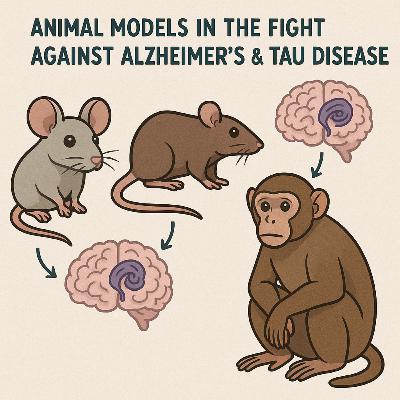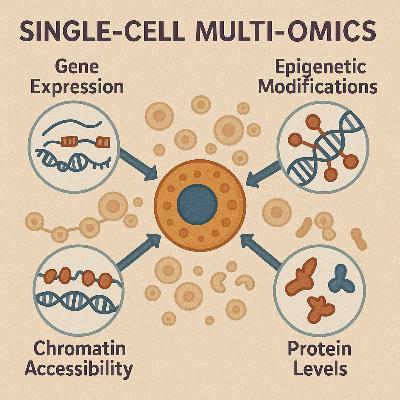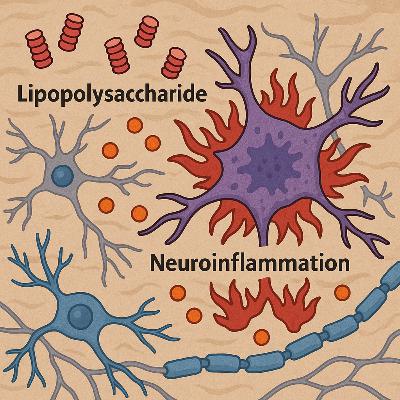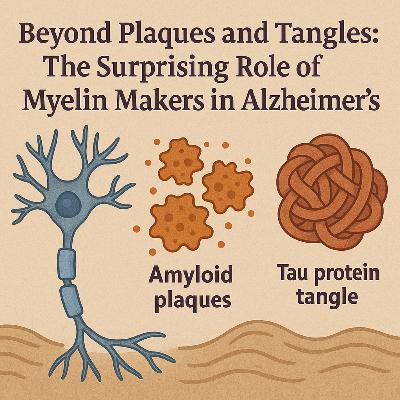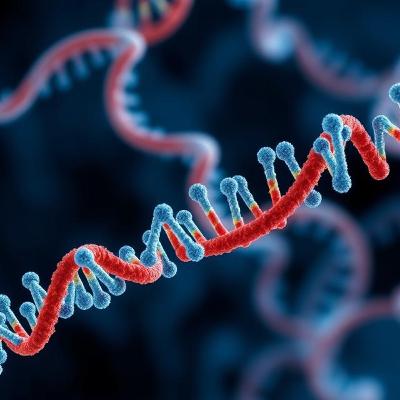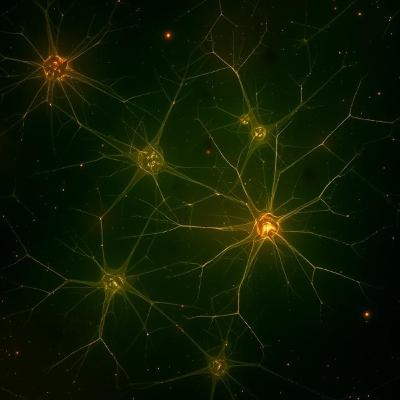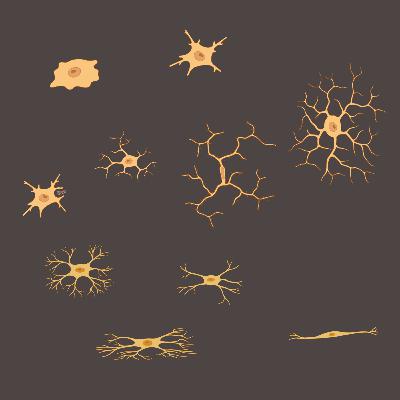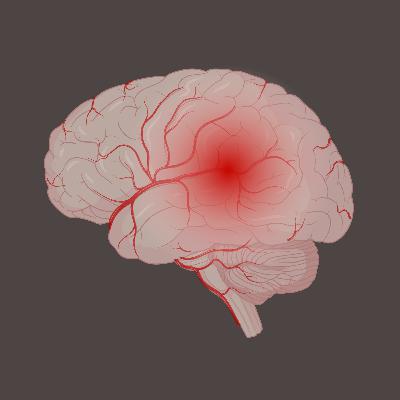Unlocking the Brain: New Strategies to Breach the Alzheimer's Barrier
Description
Alzheimer's disease (AD) represents a profound global health challenge, characterized by progressive neurodegeneration leading to severe cognitive decline and dementia. At its core, AD pathology involves the accumulation of toxic amyloid-beta (Aβ) species, particularly Aβ oligomers, and hyperphosphorylated tau protein aggregates within the brain. A persistent and formidable obstacle in the development of effective AD therapeutics has been the blood-brain barrier (BBB), a highly selective physiological interface that meticulously regulates the passage of substances into the central nervous system, often impeding the entry of promising therapeutic agents.
Recent scientific advancements are fundamentally reshaping the approach to this long-standing challenge. Two distinct, yet complementary, strategies are demonstrating significant promise in preclinical and early clinical investigations: nanomicelle-mediated drug delivery and focused ultrasound (FUS) for temporary and targeted BBB modulation. These innovative methods are emerging as critical enablers, offering novel avenues to either deliver therapeutic compounds directly to the brain or to enhance the brain's intrinsic clearance mechanisms.
Preclinical studies have shown that engineered nanomicelles can effectively encapsulate and deliver anti-Aβ oligomer antibody fragments across the BBB in mouse models, resulting in a significant reduction of toxic Aβ species and inhibition of plaque formation. Concurrently, early-stage human clinical trials involving focused ultrasound, even without the co-administration of drugs, have demonstrated safety, a reduction in amyloid plaques, and improvements in associated neuropsychiatric symptoms. While these groundbreaking developments are still in nascent stages and require further validation, they lay crucial groundwork for future combination therapies and represent a substantial leap forward in AD research, instilling renewed optimism in a field that has long grappled with limited therapeutic solutions.


